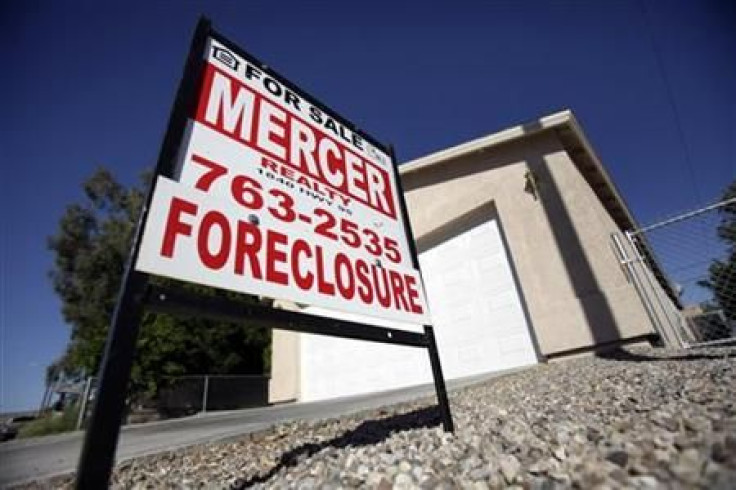Eminent Domain Proposal For Mortgages Provokes Government Showdown

U.S. federal officials are moving to block local governments from using eminent domain as a tool for taking over distressed mortgages, underscoring the complexity and controversy surrounding the effort.
The city of Chicago and bankrupt San Bernardino County, Calif., have proposed the use of eminent domain to seize mortgages and use principal reductions to aid financially troubled homeowners. The private San Francisco firm Mortgage Resolution Partners LLC is leading the effort for San Bernandino.
"I believe that this objective is critical for purposes of saving homeowners," said Robert Hockett, a professor of law at Cornell University and adviser to MRP in testimony last week, according to prepared remarks. He added that "creditors, debtors and their communities alike –- not to mention the broader economy, still in the throes of a mortgage debt deflation with no end in sight –- now await action of the kind that only municipalities exercising their eminent domain authority appear able to deliver."
Opponents have argued that the move would create uncertainty for investors and violate the Constitution clause that the practice be used "in the public interest." Rep. John Campbell (R-Calif.) proposed a bill last week that would forbid the federally controlled Fannie Mae, Freddie Mac, the Veterans Administration and the Federal Housing Administration from guaranteeing loans in areas that used eminent domain.
“The eminent domain programs in question are atrocious, corruptive, irresponsible and unconstitutional,” Campbell said in a statement issued last week. “We do need to fix the housing sector, but it must be done in a way that does not break the law and does not enrich undeserving, politically-connected entities in cities and counties with unsustainable budget deficits.”
Government-controlled agencies own or back over 90 percent of the current U.S. mortgage market as private companies have cut back during the weak economy. The Federal Housing Finance Agency, which regulates Fannie and Freddie, has rejected using widespread principal reductions, citing the cost to taxpayers.
© Copyright IBTimes 2024. All rights reserved.











